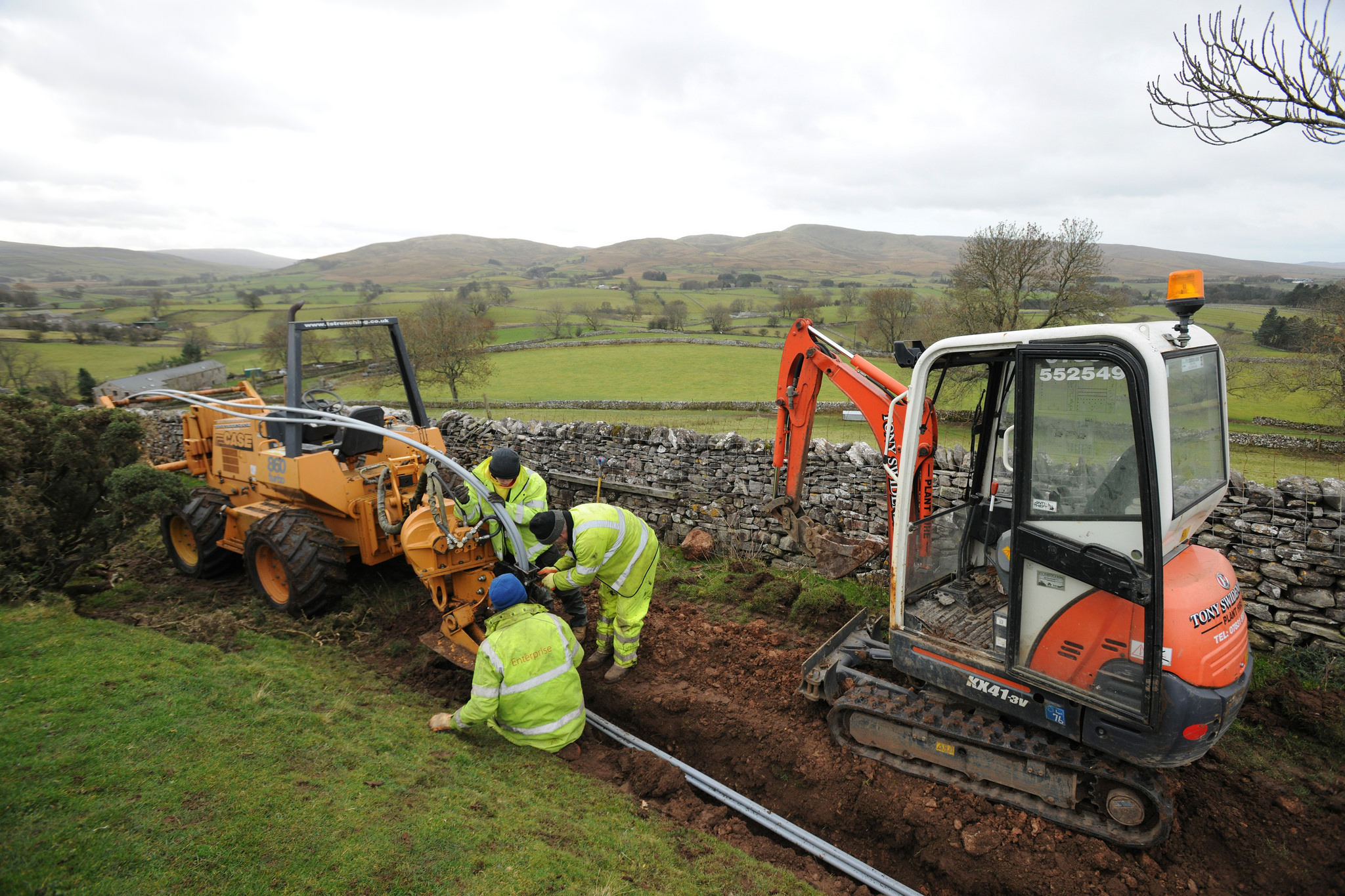

A report in The Telegraph has accused the government of “abandoning” the final five percent of properties in the UK not covered by the state-sponsored rollout of superfast broadband on the basis of cost. But it hasn’t.
The newspaper claims to have seen “Whitehall documents” that state “it is unlikely that everyone will want to be connected” and that anyone who wants to receive the proposed universal service obligation (USO) of 10Mbps will have to demand to be connected.
Well, yes. Plans for a 10Mbps USO were touted last November and the consultation itself started in March. At all times, it was never claimed the rollout would be “automatic.”
Read More: Are the government’s satellite broadband plans working?
Whether true or not, DCMS has always cited the difficulty of connecting the final five percent of homes and business to superfast broadband and that’s why it is ensuring every property can receive at least 2Mbps, and eventually 10Mbps if they requested it.
DCMS believes it’s true that not “everyone” will want a faster connection and that’s why initiatives such as the satellite broadband voucher scheme and the USO will be “demand led” rather than “supply led” like the early phases of Broadband Delivery UK (BDUK). DCMS believes this will save money too, but has never attempted to hide this.
“It’s absolute nonsense to suggest we’re leaving rural areas behind in our rollout of broadband,” the Departure for Culture, Media and Sport (DCMS) told TechWeekEurope. “Our current plans will reach at least 95 per cent of the UK, but we want everyone to have fast broadband so we are introducing a Universal Service Obligation to help make sure no one is left behind.”
Critics of the government’s broadband and mobile coverage plans are numerous, especially when it comes to rural areas, but at least in this specific case, it can’t be accused of going back on its word.
What do you know about fibre broadband? Try our quiz!
E-commerce giant faces another unionisation move, with workers at North Carolina warehouse set to vote…
Supreme Court in US on Friday is to hear oral arguments that could well decide…
Jeff Bozos challenge to SpaceX's Falcon-9 heavy lift rocket, the New Glenn rocket, to make…
As US ban looms this month, TikTok faces a buyout offer for its US assets…
Bending the knee continues from the tech industry, as Alphabet's Google becomes latest to make…
Software and cloud giant Microsoft confirms it is cutting a small percentage of jobs across…